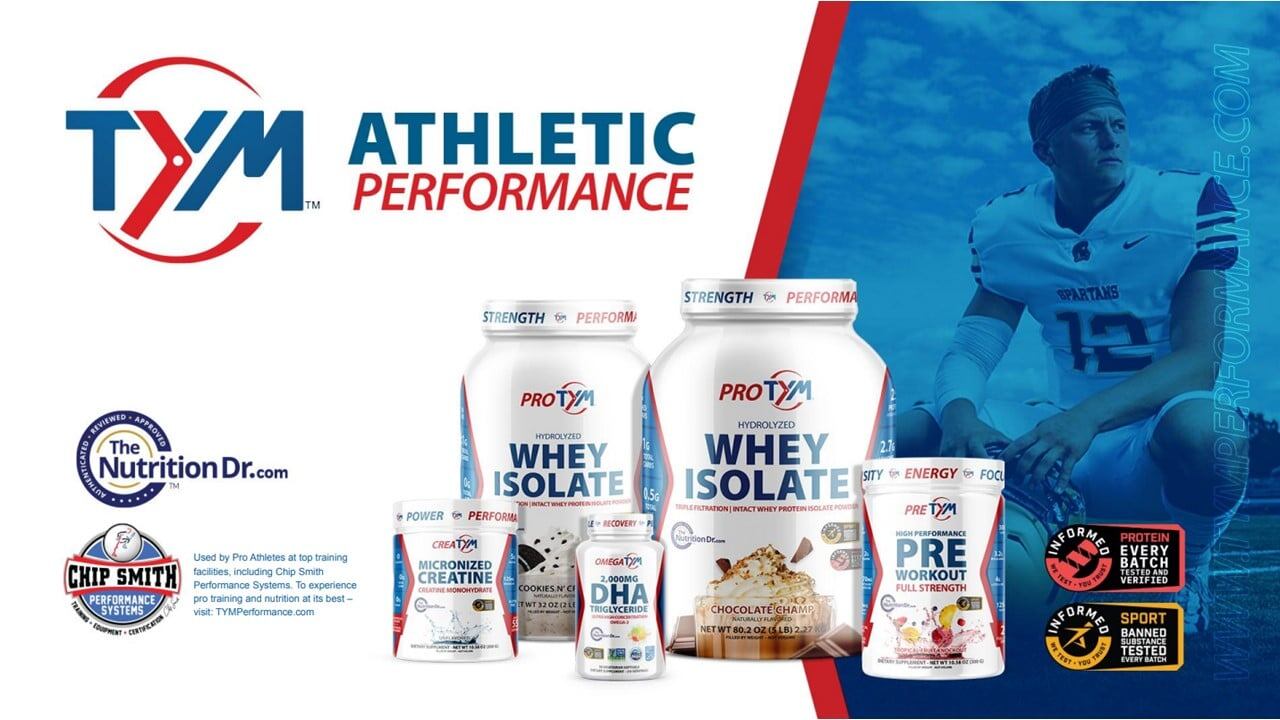Analysis of 11 of commonly sold protein powder brands in the Colombia revealed that while protein content was higher in some samples versus label claims, the vast majority contained less than listed on the label, with one sample containing barely a third of the listed quantity and another with half the listed amount.
“Our data and other previous studies to date speak to the importance of dietary supplement regulation and third-party testing mechanisms to help curb the false advertising happening on sports nutrition products,” reported scientists from Motion Sport Colombia, Universidad del Desarrollo (Chile), Kennesaw State University (USA), and Universidad de O´Higgins (Chile).
“This misinformation is not just happening in Colombian, but also other countries, so all should be aware. This reduction in quality seems to be a ‘normal’ practice in the sports supplement world that needs eradication with tighter control and higher standards on protein quantification, marketing, and delivery.”
The data is published in the Journal of the International Society of Sports Nutrition.
“Not surprising at all…”
Commenting independently on the study’s results, Dr Robert Wildman, founder of the International Protein Board, and industry regulatory expert, said: “I found the results interesting, but not surprising at all.
"The results are consistent with what I have seen over the years of travel on several continents. Basically, there were always a lot that just didn't make sense, from protein product pricing disparities to confusing information on labels. Moreover, testing suspect products not only confirmed that all too often the nutritional information on the label was not accurate and non-compliant, but that some ingredients were not listed and/or purposely added to test as other nutrients. The latter was the case with amino-spiking, whereby non-protein nitrogen ingredients were added to test as protein, thereby increasing the protein claim, but at a lower cost."
Dr Wildman added that he has formulated over hundreds of protein products over the years. “Honestly, it's not rocket science, but what I like to refer to as product science. Here, product science, calls for an understanding of ingredients, formulation, testing, labeling compliance laws, COGS, and market pricing.
“And perhaps more relevant to the findings of this study, product science involves honesty, caring and intent as well. I have concluded that issues with proper and compliant labeling of nutritional information can involve several of these factors, but sadly in many countries, issues point to a lack of honesty, caring with a clear intent to deceive. And it's not just the consumer that loses here, it is also makes is harder for brands trying to market compliant products abroad and hampered by higher pricing based on importation and transportation fees.”
"Let's face it, protein products are different and special,” continued Dr Wildman. "They are functional foods delivering the most important macronutrient (protein) when it comes to most affecting the positive changes for people engaging in exercise and sport training, weight loss, healthy aging, etc.
“The consumer is specifically buying these products based on protein type, quality, and quantity, and is often looking for lower inputs of carbohydrate, sugars, fats, calories, etc. It's not surprising then to see that in those products in this study over-claiming protein, are also under-claiming other macronutrients.
“Furthermore, this study did not go one step further and test for amino spiking, which could be happening as well,” said Dr Wildman.
Study details
The new study did assess protein, carbohydrate, fat, and calorie content in 11 popular whey protein supplements sold on the Colombian market. All products were purchased from a local sports nutrition store in Colombia.
The analysis showed that average calorie contents and carbohydrate contents were higher in the products than the levels declared on the label, while fat levels were, on average, no different to the labeled amounts.
However, labeled protein content were significantly higher content, on average, than analyzed in all samples.
“As protein supplements are a preferred and popular way to consume daily protein not only observed in South America but also worldwide, the present study is novel and important, as it sheds scientifically backed evidence of the actual nutritional content of 11, commonly consumed [whey protein] supplements,” wrote the researchers.
“This research is important to disseminate, as importantly, consumers should consider thoroughly vetting their dietary supplement products prior to purchase.”
Guidance
"This is an important issue, one that we are not immune to in the US either," said Dr Wildman. "Brands continue to get into trouble when their labels are not compliant, although the number seems to have declined dramatically over the past years. One reason for the decline is that trade associations like the American Herbal Products Associate (AHPA) Sports Nutrition Committee have worked to provide guidance for compliant labeling and clarity to some areas of debate.
“Furthermore, emphasis on transparency and 3rd party certification programs has elevated product development diligence and acumen. To go one step further, LGC has recently initiated an Informed Protein certification, whereby protein-based product become certified when they are tested and verified that the level of protein meets label claim and that the protein claimed is real protein.
“There are several brands that participate in the Informed Protein certification program and this program, and potentially others, could go a very long way to ensuring more accurate labeling of protein products internationally. Informed Protein is also recognized and endorsed by the International Protein Board as an important step forward by consumer confidence with protein products."
Source: Journal of the International Society of Sports Nutrition
2022, Volume 19, Issue 1, Pages 258-266, doi: 10.1080/15502783.2022.2090828
“Measured versus label declared macronutrient and calorie content in Colombian commercially available whey proteins”
Authors: A. Zapata-Muriel, et al.



